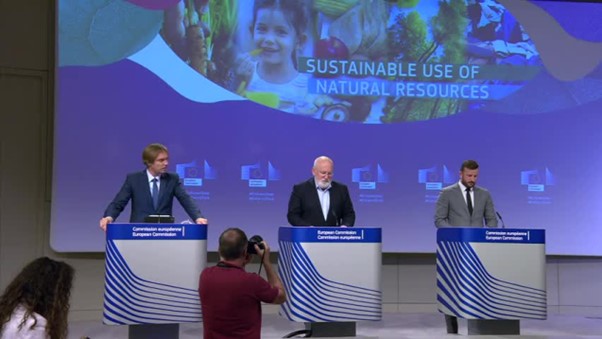The European Commission announced a comprehensive package of measures addressing a set of key components of the EU Green Deal, including soil health, new genomic techniques (NGTs), and food and textile waste reduction. One of the key measures introduced is the adoption of a soil monitoring law, establishing a harmonized definition of soil health and setting up a comprehensive monitoring framework. The EU aims to achieve healthy soils by 2050 by combining data from various sources.
Another important aspect addressed in the package is the use of New Genomic Techniques (NGTs). The proposed legislation establishes two categories of plants obtained through NGTs, each subject to different requirements and risk assessments:
- NGT-1, obtained through cisgenesis and site mutations and leading to results that are supposed to be reachable throughout conventional breeding and/or classic mutation techniques or by natural mutations
- NGT-2, which is referred to other kinds of genetic alteration leading to results which are not expected to occur in nature or through natural processes
Addressing the issue of food and textile waste is another important component of the package. By setting targets to reduce food waste by 10% in processing and manufacturing and by 30% per capita in retail and consumption by 2030, the EU aims to promote food security, save money, and reduce the environmental impact of food production and consumption. Similarly, measures to address textile waste aim to ensure the separate collection of textiles. The proposed measures will now undergo the ordinary legislative procedure, involving discussions and negotiations between the European Parliament and the Council.

Recent Comments